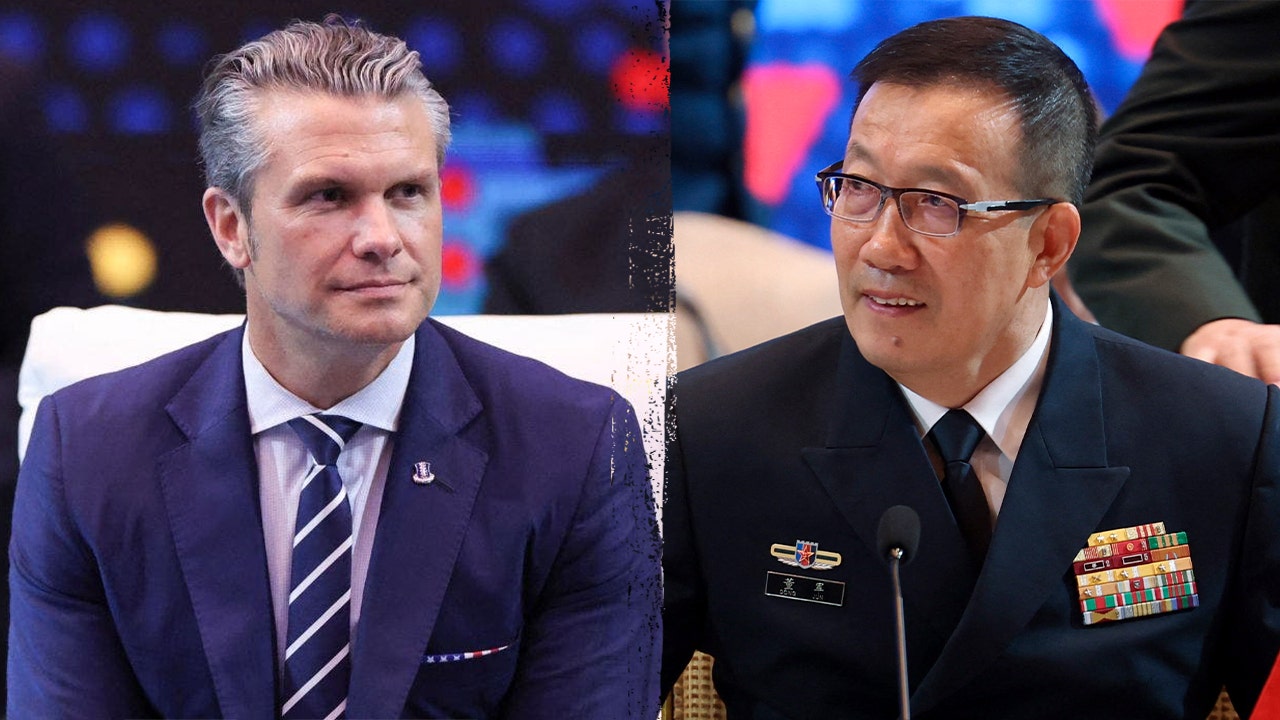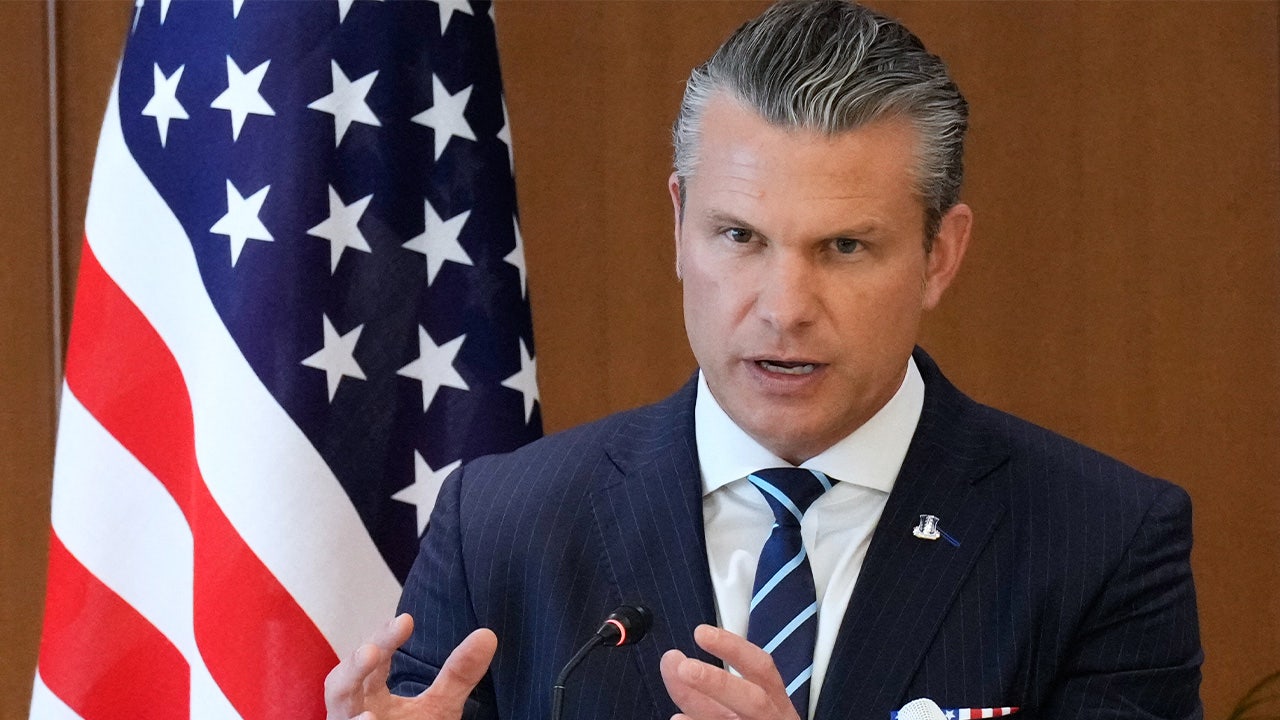Two deadly incidents in Mexico this past week have highlighted the growing power of the country’s drug cartels and underscored the Trump administration’s intensifying effort to confront the threat they pose to U.S. national security.
With Mexican authorities struggling to maintain control, the administration is pushing forward with sanctions, visa revocations, and covert actions aimed at dismantling the operations of the Sinaloa cartel and the Jalisco New Generation Cartel (CJNG).
Senator Ron Johnson (R-WI), chairman of the Senate Permanent Subcommittee on Investigations, has backed the administration’s renewed pressure on cartel-linked officials.
Trump’s Sovereign Wealth Fund: What Could It Mean For Your Money?
According to U.S. intelligence cited by the Washington Examiner, the State Department has recently revoked visas for several high-ranking Mexican officials tied to organized crime.
The investigation has revealed links between members of President Claudia Sheinbaum’s ruling Morena party and the Sinaloa cartel, including connections to former President Andrés Manuel López Obrador.
On Monday, seven people were killed in San Bartolo de Berrios after gunmen opened fire on a church-organized event.
Messages left at the scene pointed to the Santa Rosa de Lima cartel, currently locked in a violent turf war with CJNG in Guanajuato state.
This Could Be the Most Important Video Gun Owners Watch All Year
The following day, violence reached Mexico City, where Jose Muñoz, a top aide to Mayor Clara Brugada, was assassinated.
Surveillance footage showed the targeted killing taking place in broad daylight.
#MÉXICO 🇲🇽
⚡️El crimen organizado asesinó a Ximena #Guzmán y José #Muñoz, secretaria privada y principal asesor de Clara #Brugada, Jefa de Gobierno de la #CDMX (Ciudad de México DF).
⚡️Guzmán fue asesinada mientras estaba al volante de su auto. Muñoz alcanzó a escapar del auto… pic.twitter.com/v8GUftY36c— Koldo News (@Koldo_News) May 21, 2025
While authorities have not confirmed a cartel connection, the CJNG has previously targeted public officials and is known to oppose the Morena party’s relationship with the rival Sinaloa cartel.
As cartel violence spreads, President Trump has moved to escalate U.S. operations against both the CJNG and the Sinaloa cartel.
With fentanyl overdoses now claiming more than 45,000 American lives annually, federal agencies are increasing intelligence and enforcement efforts along the U.S.-Mexico border.
The CJNG, led by Nemesio Ruben Oseguera Cervantes, known as “El Mencho,” has emerged as one of the most dangerous criminal organizations in the region.
A former Mexican police officer and U.S. prison inmate, Oseguera built the cartel into a paramilitary force known for extreme violence, including torture and targeted assassinations.
In addition to its brutality, the CJNG is known for its financial sophistication.
Key figure Abigael González Valencia has resisted extradition to the United States for over a decade.
Despite the extradition of other high-profile traffickers under the Trump administration, Valencia’s continued presence in Mexican custody reflects the government’s concerns over CJNG retaliation.
Meanwhile, instability within the Sinaloa cartel has created new challenges.
A power struggle erupted after the arrest of long-time leader Ismael “El Mayo” Zambada and one of Joaquín “El Chapo” Guzmán’s sons in July 2023.
The resulting rift between factions loyal to Zambada and to Guzmán’s son, Iván Archivaldo Guzmán Salazar, opened the door for CJNG to expand its influence. Iván reportedly formed a temporary alliance with CJNG to counterbalance rival Sinaloa leaders, a move that has tilted the criminal landscape further in CJNG’s favor.
The DEA, in its latest annual threat assessment, warned that the shifting cartel dynamics “could result in a significant disruption to the existing balance of criminal power in Mexico and could serve to increase northbound drug flow and southbound weapons trafficking at the U.S.-Mexico border.”
The agency named CJNG, alongside Sinaloa, as one of the top threats to U.S. public health and national security.
The Trump administration has made clear that continued cooperation with Mexican authorities will depend on real action against cartel leadership.
Intelligence indicating political protection for traffickers has led the administration to push forward with unilateral actions, including visa sanctions and potential covert operations, regardless of approval from Mexico City.
As cartels strengthen their hold on strategic corridors like the Tijuana-San Diego border crossing, U.S. officials have warned that their influence could eventually extend across the border. Trump officials say further escalation is necessary to prevent the possibility of cartel corruption infiltrating American law enforcement and politics.
With growing instability in Mexico and an increasing flow of fentanyl into American communities, the administration has signaled that a more forceful, proactive approach is now the default strategy.
Connect with Vetted Off-Duty Cops to Instantly Fulfill Your Security Needs
Read the full article here


![Escalating Violence in Mexico Underscores Trump’s Crackdown on Drug Cartels [WATCH] Escalating Violence in Mexico Underscores Trump’s Crackdown on Drug Cartels [WATCH]](https://www.lifezette.com/wp-content/uploads/2025/05/2025.05.28-09.48-lifezette-6836dc0acfa5e.jpg)




![The Deep State Stalls on Trump Ban of Dangerous ‘Gain-Of-Function’ Research [WATCH] The Deep State Stalls on Trump Ban of Dangerous ‘Gain-Of-Function’ Research [WATCH]](https://www.lifezette.com/wp-content/uploads/2025/11/2025.11.02-08.06-lifezette-690711144d970.jpg)

![VA Dem Gov Candidate Admits Politics Are More Important Than Virginians’ Jobs [WATCH] VA Dem Gov Candidate Admits Politics Are More Important Than Virginians’ Jobs [WATCH]](https://www.lifezette.com/wp-content/uploads/2025/08/2025.08.31-05.20-lifezette-68b4846a01f95.jpg)


